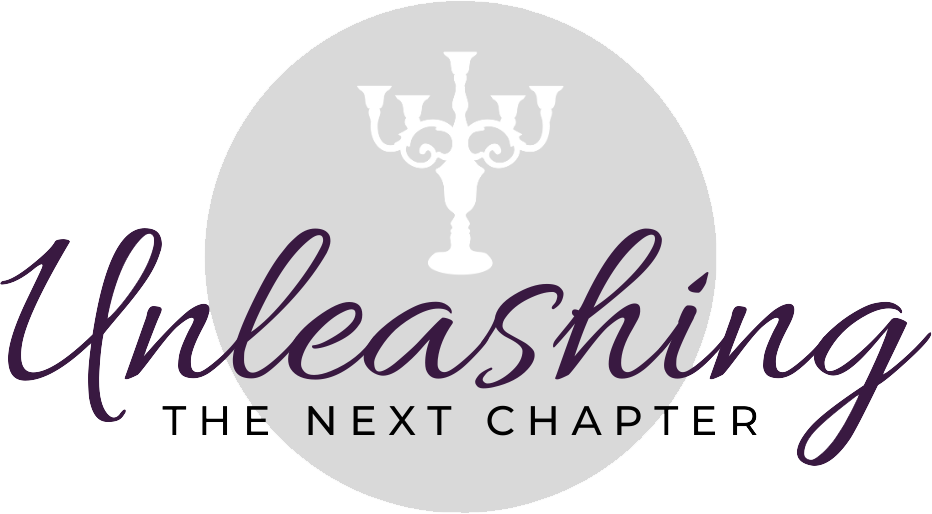In 2006, while I was rehabbing from strokes and heart surgery, another member of our family was diagnosed with mental illness, and consequently hospitalized a number of times. Up until that point, we were blissfully ignorant of mental illness. We quickly learned that it affects not just the one with the diagnosis, but everyone who loves that individual.
We also learned what a nightmare it is to navigate the mental health system, and we had great insurance at that time. Hospitals, psychiatrists, psychologists, counselors, and even clergy. All wanted to help, but most didn’t know how, didn’t have time, or didn’t care to individualize treatment. One psychologist went so far as to tell our loved one that his faith in Jesus (the one thing that had kept him grounded and sane for years) was just a hallucination, and he had to let it go in order to get better.
That experience, along with our family’s need to learn how to cope with the changes my strokes had made in my life, and therefore our home life, led my husband to make a midlife career change. The more he learned, the more he experienced, and the more he talked with others walking in similar shoes, the more convinced he became that he needed to become a counselor in order to gain more tools and experience to help other families in crisis. I am so proud of Steve, I can’t describe it! Since May is Mental Health Awareness Month, I asked him if he would share some details he has learned, and that everyone should be aware of…
Kathryn
As I start a new career in private practice counseling, I am reflecting on all I’ve learned about mental health the last five years. I have been watching trends since the time I was in my Masters program. I truly believe there will be major shifts in this field over the next ten years.
I get asked why I would embark on such a long process of graduate school and state licensing to become a Christian Counselor as I begin my 50s. I answer with a personal story of how counseling has preserved my marriage after seeing a spouse suffer from strokes and the life changing results on our family. I also honestly could not see myself in that setting 20 years ago when there was very little respect for faith in this field. Sadly, there are still some that discount the healing aspects of faith when it comes to mental disorders.
In 2013, I attended my first international AACC conference in Nashville followed by the two national AACC conferences in Dallas in 2014 and 2016. In October 2015, I attended the Gil Taylor Depression Awareness Alliance–Peace of Mind Conference in Dallas looking at how to be more effective treating depression and all the other problems linked to it. I learned much, took pages of notes, and met dedicated and inspirational professionals and advocates.
Michael Massey, MD talked about a program that would add some basic screening when people visit their PCP. Along with this he hopes to add counselors to the staffs of these doctor’s offices. Another speaker talked about training clergy to recognize depression and to help them realize the severity of this problem. It needs more than prayer and more Bible reading. Those are both important aspects of healing, but the person may need hours of counseling to get to a point of prayer.
Amy Simpson, author of Troubled Minds, talked about a personal situation in her family, as well as the grief process, and how depression can set in if people do not move through the stages in a healthy way. There were not many dry eyes when Kay Warren got up, and described her personal struggle with the suicide of her youngest son. This case along with others like Robin Williams have started the conversations, but it is sad that someone in the public eye has to die to get people talking and working on solutions.
Many in the mental health field relate it to diabetes. People with diabetes have to regularly check their blood levels and make adjustments with their medication. Many with mental illnesses need to regularly evaluate their situation and adjust with medication. Why do we put such a stigma on those taking psychotropic medications, while those with physical illnesses are encouraged to stay compliant with their treatments?
Matthew S. Stanford, PhD, author of Grace for the Afflicted (a book I, and my wife, found to be essential when mental illness first entered our family), at the depression conference, said the largest provider of mental health in the state of Texas is the Harris County jail. If the same amount of money was spent on good mental health care, our society would be much better off.
As the reader of this, hopefully you are asking yourself what can you do, or what is your responsibility in this? Statistics show that 25% of the population will have a diagnosable episode of mental illness in their lifetime. If you are one of the lucky 75%, chances are you know, or will know, someone who will suffer. Don’t shut them out. They need your friendship. If they had cancer would you shut them out? I hope not. Ask what they need, but even if they say all is good, know that it is not, and take a meal or include their kids in activities. They may need you to be an advocate with doctors and social workers. Help them have enough hope for one more day.
Maybe I am being overly optimistic as a new intern in this field; but if there is some level of change that I can help bring about, all the studying in grad school will be worth it.
After spending over twenty years in the banking world, Steven made a career change, and in 2015 he earned his M.A. in Counseling from B.H.Carroll Theological Institute. Steven has experience working in in-patient hospitals as well as with a community mental health agency. Steven enjoys all sports, but is especially a die-hard Texas Rangers fan.
Steven McClatchy, LPC-intern supervised by Dan S. Graham, LPC-S, sees clients at Homestead Hope Counseling Services, LLC in Fort Worth, TX.






Enjoyed this blog. There is a lot to learn about mental illness and a subject we all need to learn more about. Hope your new career brings you much satisfaction and that you are able to help many in need of that help.